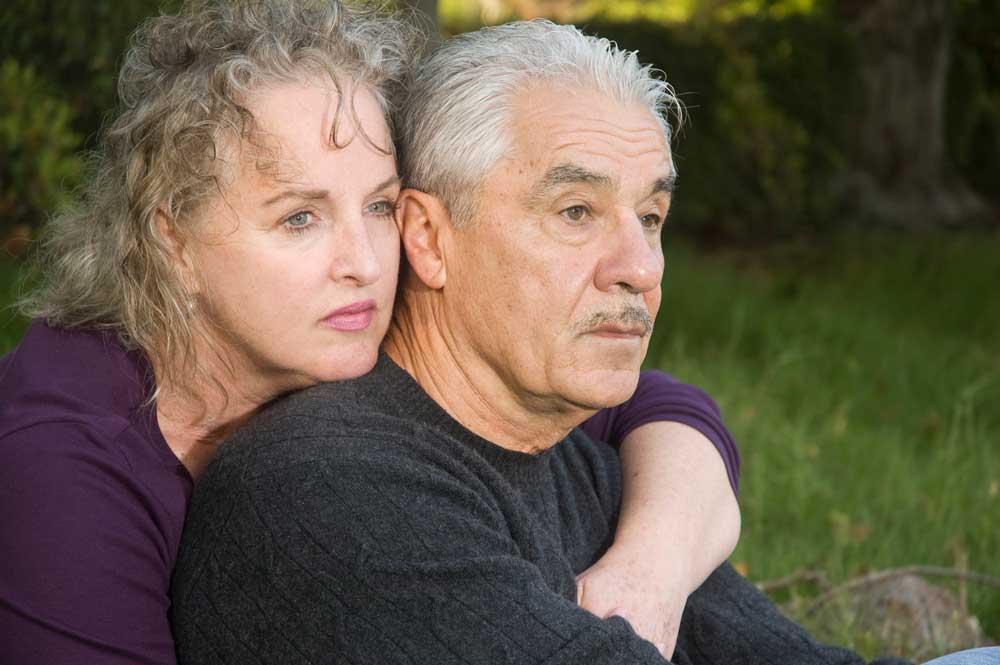What is co-dependency?
Co-dependency affects the loved ones of those struggling with addiction.
Co-dependency is an unhealthy set of behaviors that have been learned trying to adapt to the dysfunction of substance use disorders in a family.
Feeling out of control themselves, a person can desperately try to control their addicted loved one. If left unchanged, these behaviors can move into other relationships outside the family, treating others in the same unhealthy ways.
When substances are being misused, many family members have their own journey of healing too.
 Contact
Contact FAQs
FAQs

